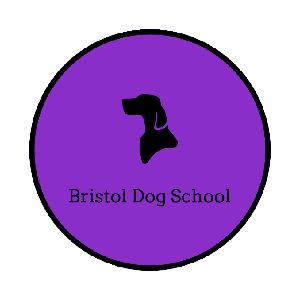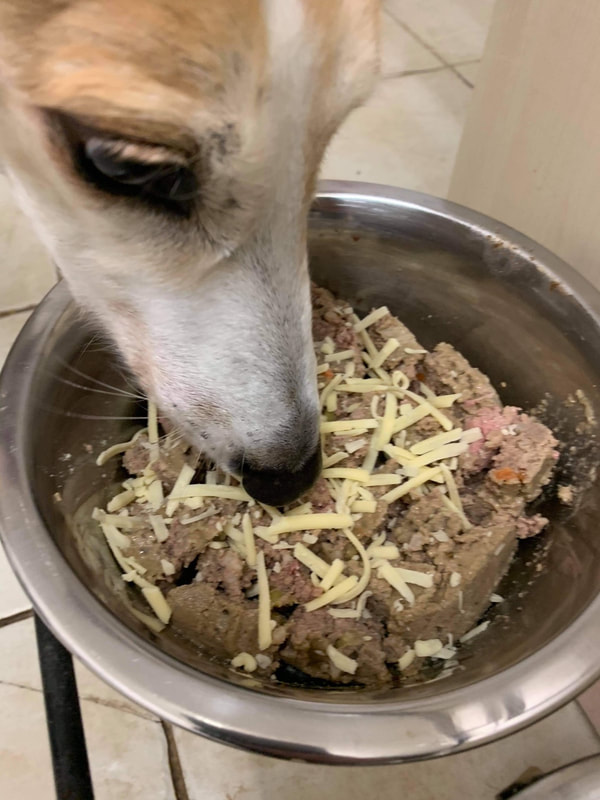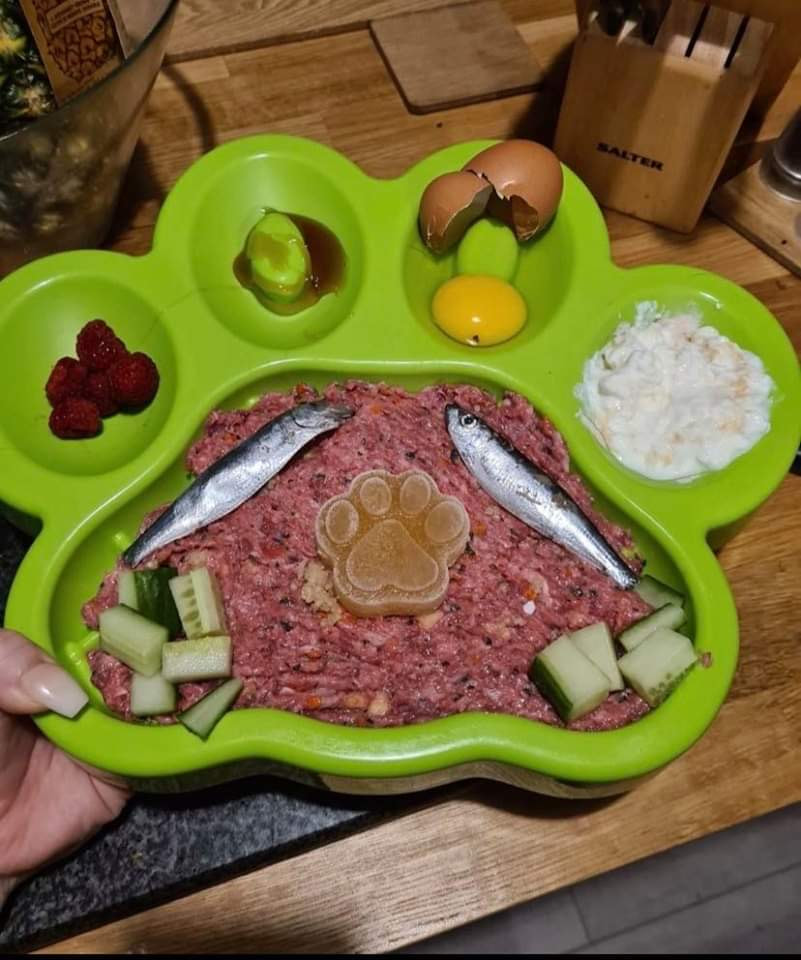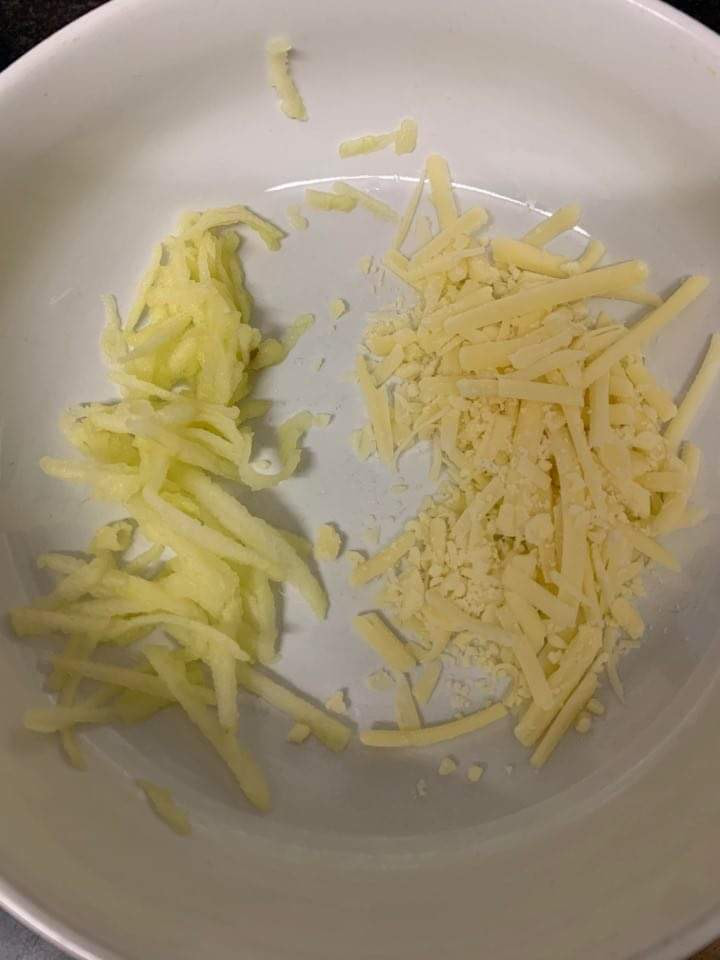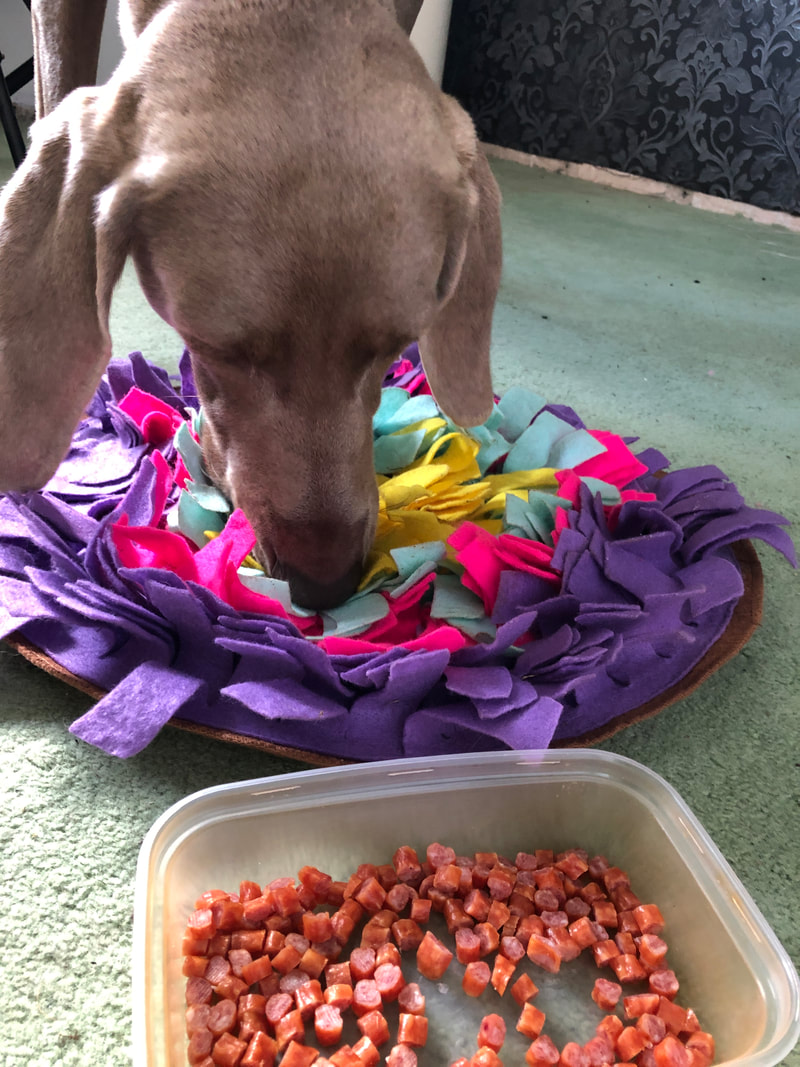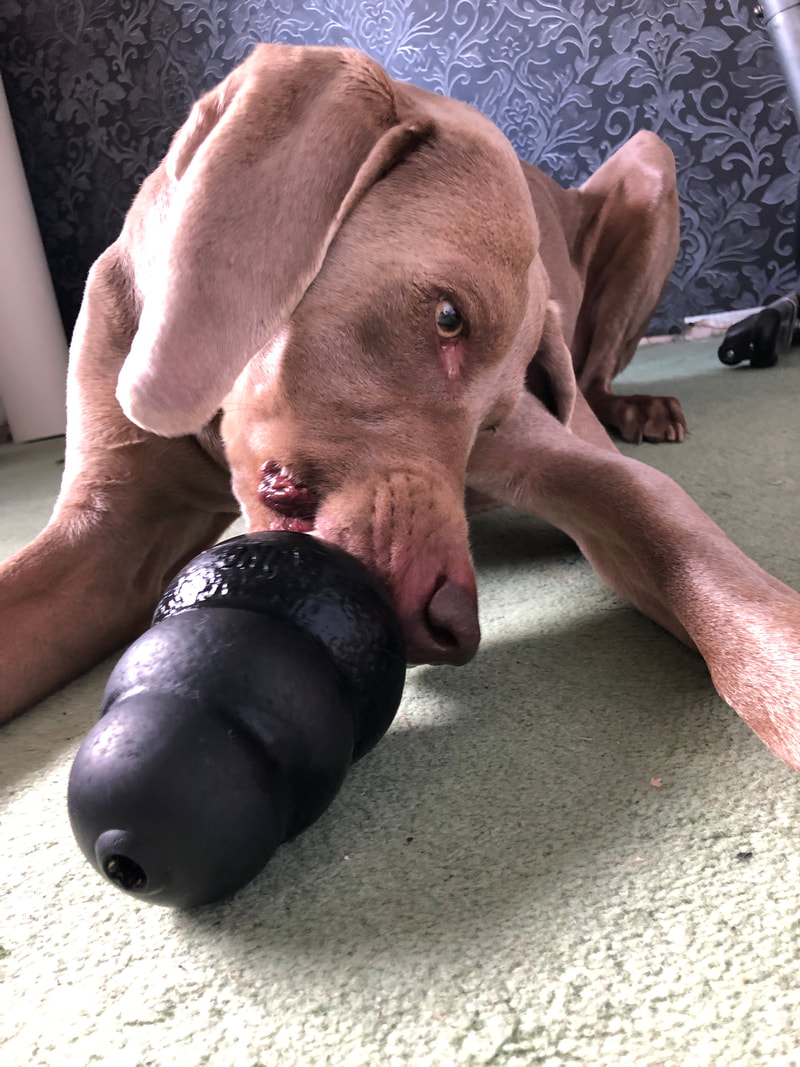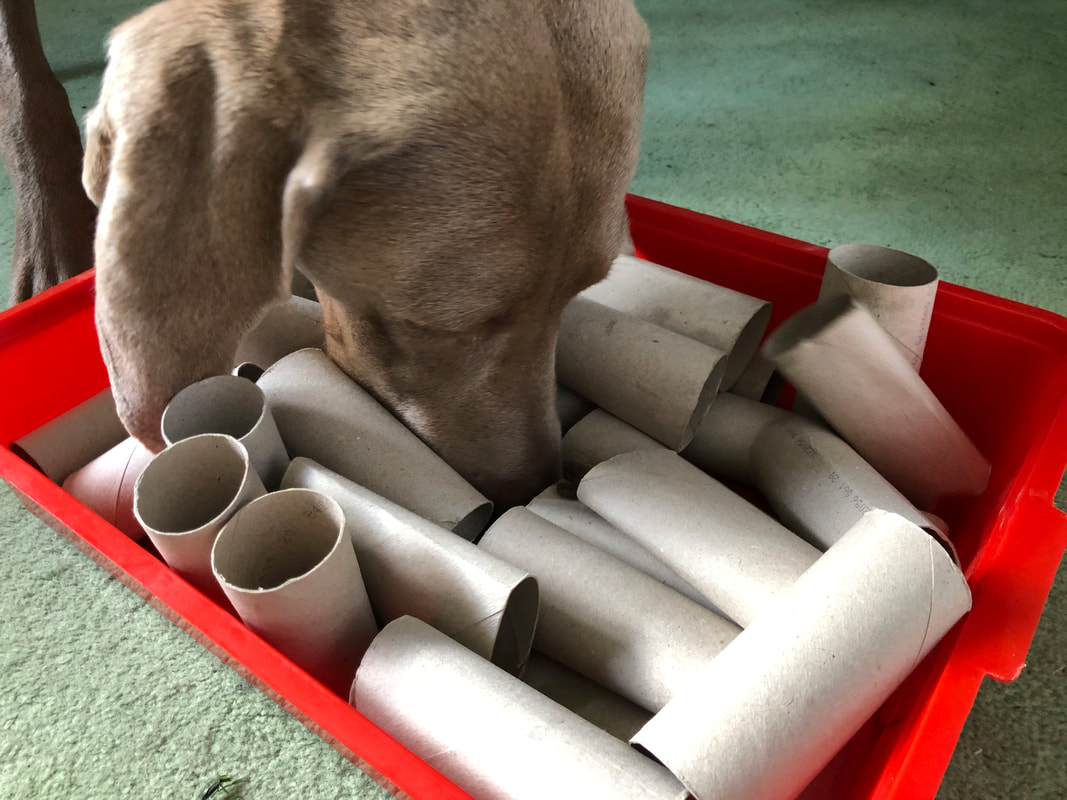|
So your dog is a picky eater, and you've probably tried lots of different food now and that either doesn't work or the change of food works for a while and then you're back to square one and your dog refusing to eat or picking at food again. Of course this is very worrying for you as you're concerned about your dogs health. Get a Vet check First things first it's worth getting a vet check - your dog may be feeling sick or feeling pain. Inflammatory reactions such as IBS or an allergy to something your dog is eating could mean your dog just doesn’t feel like eating it could be feeling a little bit sick, and we all know how that feels. Dental issues are another reason pain from broken teeth or gum disease would certainly put any dog off of their food, but also other pain such as joint pain or other illness would do the same. Your Vet may find something physical that is a total game changer for your dog and once it's on medication or the correct diet it may be more than happy to devour each and every meal. but what if your vet doesn't find anything physical wrong with your dog, then we need to look at other reason for why your dog may well as you hope. Behaviour The location of your dogs feeding bowl may be what is causing the problem it may be too exposed or too enclosed. It may also be in a place where there is high footfall, or something may happened when it was eating. pots and pans falling off of a work surface while eating can cause a negative association to eating in the location. Try moving the location of the food bowl to see if this makes any difference. How much food are you feeding your dog? We have to look at the amount of food you are feeding your dog, it could be that you feed a large meal and your dog doesn’t then feel hungry later on. Remember your dogs stomach is made to stretch and eat a lot of food in one go because they don’t know when the next meal could be, so your dog may be fasting. Training treats and between meal treats are another reason why a dog may not be interested in eating it’s normal meal. Exercise is another reason why your dog may not feel the need to eat, are they burning the calories you are feeding them? Does your dog eat new food for a while and then refuse it? Lets look at this, if I offered you the same meal 2 or 3 times a day every day would you get board of it? I know I would and this could be why your dog will eat a food for a while and then refuse it. if you feed kibble you could try getting smaller bags of kibble in different brands and flavours and alternate them so your dog doesn’t get the same food at consecutive meal times. You may also want to add some tinned or tray foods to your dogs diet. Or add some fresh food different smells and textures can really spark an interest in your dog. Food presentation If you're providing fresh foods you may find that grating them or chopping them into cubes or freezing them will change the texture enough for your dog to take more interest. Feeding devices and Contrafreeloading The lawn is nature’s snuffle mat but in the rain or heat you may not want to throw food all over the lawnI instead you can purchase snuffle mats and and enrichments feeders such as Kongs and slow feeder bowels to encourage your dogs interest in the food. Contrafreeloading is when a dog would rather work to earn it's food. it's just a little bit bored of having its food handed to it in a bowl, so the enrichment feeders may be just what is needs to spark some interest in it's food, or training with your dog learning tricks or practicing basic skills with your dogs daily food as it's reward. This is just a few ideas of simple things that you could try to encourage your picky dog to eat, You may need the help of your dog trainer/behaviourist if things are more complicated they can also work alongside your vet providing some behavioural advice after assessing how your dog eats. Bellow are some images of enrichment feeding ideas and different ways to present food to encourage your dog to eat. Thank you to Jo at DogField UK for the lovely photo photo of her dog Delilah who was once a picky eater. |
AuthorClair Litster-Huckle has a BSc (Hons) in Animal Behaviour and Welfare and an MSc Animal Behaviour and Training and has studied Canine psychology and Canine diet and nutrition. Archives |
Proudly powered by Weebly
